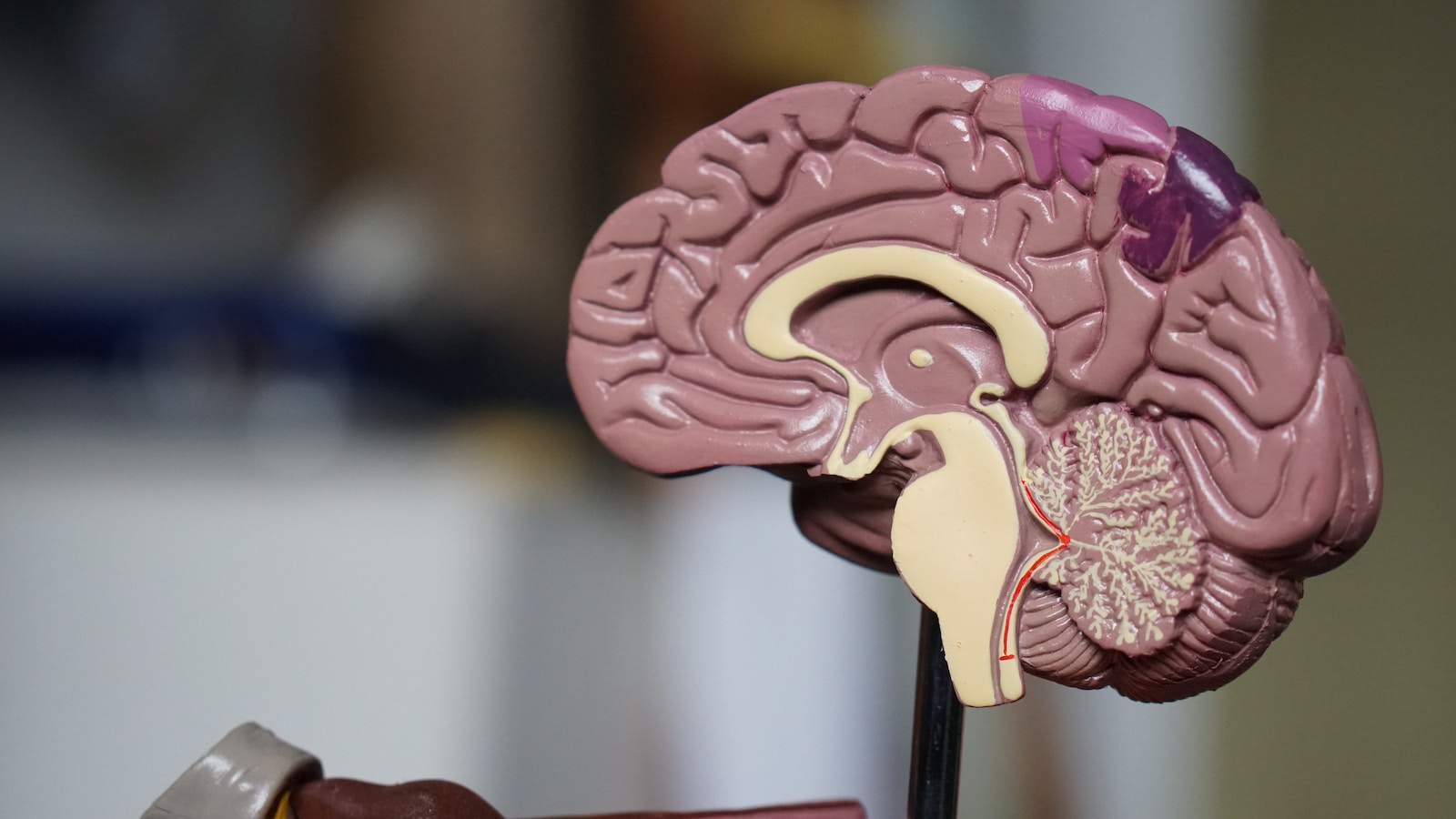In our busy lives, stress is something we all deal with. What’s not so well-known is how stress can mess with our gut health. This blog will break down the connection between stress and gut health. We’ll see how it hurts your gut, and most importantly, learn how to deal with stress to keep your gut in good shape.
The Gut-Brain Axis: Understanding the Connection
At its core, the gut-brain axis refers to the bidirectional communication system between the central nervous system and the gastrointestinal tract. It’s a complex network that influences our emotional and cognitive brain centers and plays a crucial role in maintaining homeostasis. When stress enters the picture, this delicate balance can be disrupted. Chronic stress can lead to an imbalance in the gut microbiota, increased intestinal permeability, and inflammation, all of which contribute to poor gut health.
The Impact of Stress on Gut Health
Stress doesn’t just take a toll on your mental well-being; it directly affects your gut health too. High-stress levels trigger the release of hormones like cortisol, which, when consistently elevated, can damage the intestinal lining. This damage can manifest as various gastrointestinal issues, including irritable bowel syndrome (IBS), acid reflux, and inflammatory bowel diseases (IBD) like Crohn’s disease and ulcerative colitis. Moreover, stress weakens the immune system, making the gut more susceptible to infections and inflammation.

Managing Stress for Better Gut Health
The good news is that managing stress can significantly improve your gut health and overall well-being. Here are some effective strategies to consider:
Mindfulness and Relaxation Techniques: Incorporate practices such as meditation, yoga, and deep breathing exercises into your daily routine. These techniques help calm the mind and reduce stress levels.
Regular Exercise: Engaging in physical activity not only reduces stress but also promotes a healthy gut. Exercise helps maintain a balanced gut microbiota and improves intestinal motility.
Balanced Diet: Eat a diverse and balanced diet rich in fiber, fruits, vegetables, and fermented foods. These support a healthy gut microbiome, enhancing your body’s ability to cope with stress.
Adequate Sleep: Prioritize sleep as it plays a vital role in stress management and gut health. Aim for 7-9 hours of quality sleep each night to allow your body to rest and repair.
Social Connections: Maintain healthy relationships and engage with your support network. Social connections provide emotional support, reducing stress and its impact on the gut.
Conclusion:
In conclusion, understanding the connection between stress and gut health is essential for overall well-being. By managing stress through mindful practices, regular exercise, a balanced diet, quality sleep, and nurturing social connections, you can positively influence your gut-brain axis. Prioritize these aspects of your life, and you’ll not only enjoy a healthier gut but also experience improved mental and emotional health. Remember, a happier, healthier gut leads to a happier, healthier you.
For further reading and exploring the world of gut health, check out these resources:









